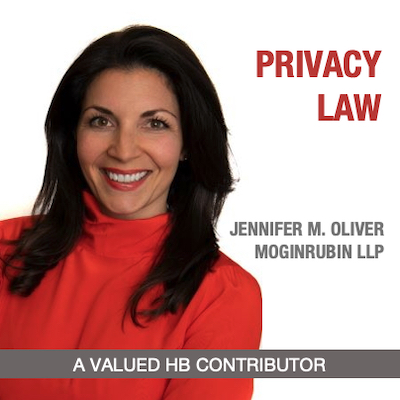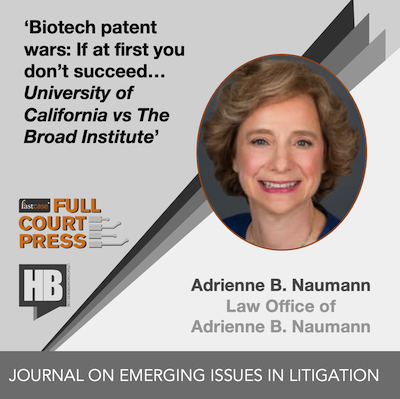Latest on Software and AI Devices from the United Kingdom’s MHRA by Jackie Mulryne and Eleri Williams
In this article, the authors discuss new updates from the UK’s Medicines and Healthcare products Regulatory Agency on how software and artificial intelligence medical devices will be regulated in the United Kingdom after Brexit. Read and learn more!



